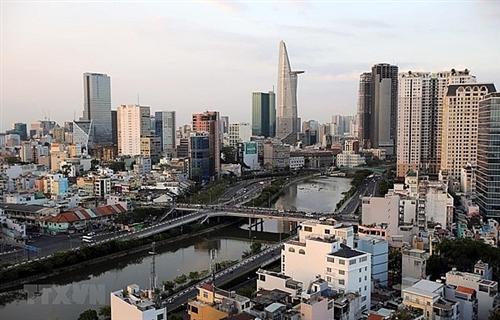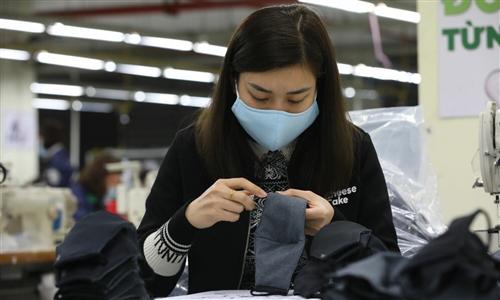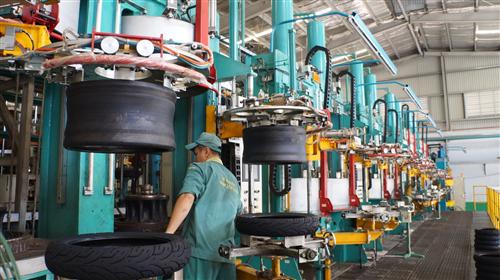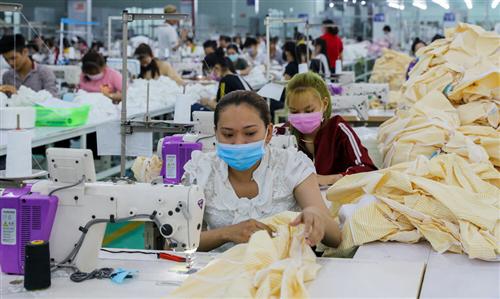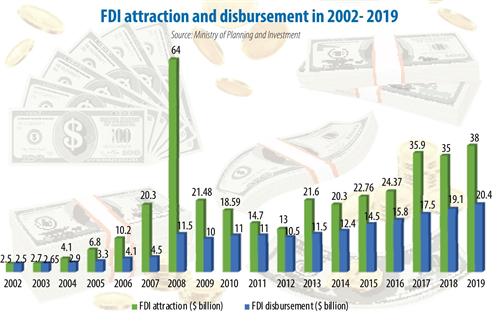Floundering service sector threatens mass unemployment
Floundering service sector threatens mass unemployment
With restaurant and café chains struggling with dropping revenues and downsizing amid the spreading pandemic, thousands of employees in the service sector will be out of their jobs, which will likely increases risks related to social security.
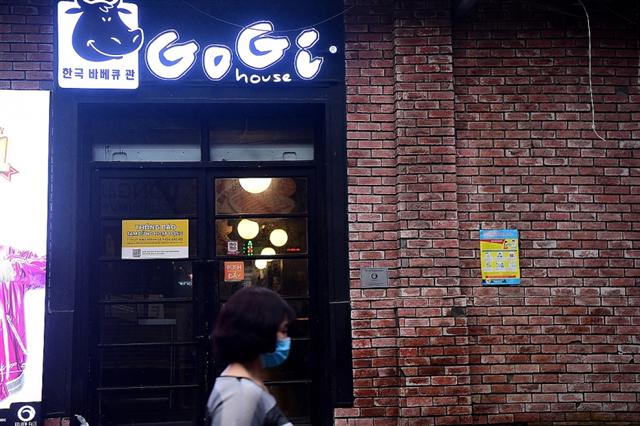
Even the largest restaurant and café chains in the service sector are feeling the pinch of COVID-19
|
After five years of working at a restaurant, this is the first time T.N. cries. He has been working at the restaurant since graduation, and has been climbing the ladder steadily. “I used to carry enough charcoal tablets to burn my hands, waited on patrons who scolded me so many times. Not one of the numerous difficulties in this job discouraged me for a second, but today, the day I have to let employees go, even if only indefinitely, I cried.”
Talking about the situation of the restaurant’s employees amid the COVID-19 health crisis in Vietnam, he said that some had left to stay at hometown and avoid the epidemic, while others have been working fewer shifts at reduced wages. Those who decided to continue working now have to do everything, including cooking, serving meals, tending the bar, and washing dishes.
“The restaurant was ‘fighting’ for over a month despite the gloomy business and decreased revenues, until today when we had to officially close,” he expressed a great deal of worry for the other employees, including the two cooks, one security, and three waiters who all bring major income to their family. “The restaurant used to create jobs for tens of employees but will now close and all our employees will become unemployed.”
Rowing in the same boat, most shops in the catering areas of international airports have closed following the halting of international flights into Vietnam. The managers of these shops advised staff to leave and receive financial assistance of VND1 million ($43.48). T.L., a staff at one of these shops said that her salary was VND4.8 million ($210) in addition to benefits, so she usually received VND7 million ($300) a month. Therefore, with the $43.5 assistance, she was at a loss about how to make rent and feed her two children.
With the novel coronavirus spreading across the country, the government called for the nation to go into self-isolation for 15 days from today (April 1, 2020), while several days ago, all non-essential businesses like shopping malls, restaurant dining, bars, and other non-essential businesses were ordered to close for at least two weeks in an effort to slow the spread of the virus.
This is expected to cause large losses for shops and service chains which will have to maintain all their shops and keep paying rental without being able to operate. For example, the rental fee of each shop of The Coffee House is around VND100 million ($4,350) per month, which means the chain spends around VND16 billion ($695,650) per month for 160 shops across the country. The chain has already closed 160 shops and keeps 30 locations open to serve takeaway customers. The Coffee Bike chain, which hasnine shops remaining open, spends about VND450 million ($19,500) on rent.
In a discussion with media, Vo Duy Phu, marketing manager of The Coffee House chain, said: “If the pandemic is not brought under control soon, we are considering to permanentlyclose some shops and reduce land lease expenses.” This decision would put hundreds of employees out of their jobs.
These concerns are shared by other restaurant and coffee chains like Golden Gate, Highland, and Starbucks. This would mean thousands of employees being sent on temporary leave or fired, which will put many families in financial distress.
According to the Ministry of Labour, Invalids and Social Affairs, if the crisis continues to grow in scale, around 440,000-880,000 employees will see fewer working hours or unemployment. If the outbreak reaches the scale of a true pandemic in Vietnam as well, the number could rise to 880,000-1.32 million. The industries of processing and manufacturing, transport and logistics, as well as tourism will be impacted the most by COVID-19, making up 75-86 per cent of the above-mentioned figure.
On the other hand, the International Labour Organization (ILO) also gave an initial assessment of the impact of COVID-19 on the global world of work, saying that the effects will be far-reaching, pushing millions of people into unemployment, underemployment, and working poverty, and proposed measures for a decisive, co-ordinated, and immediate response.
Based on the different scenarios for the impact of COVID-19 on global GDP growth, the ILO estimates indicate a rise in global unemployment of between 5.3 million (“low” scenario) and 24.7 million (“high” scenario) from a base level of 188 million in 2019. By comparison, the 2008-2009 global financial crisis increased global unemployment by 22 million.











